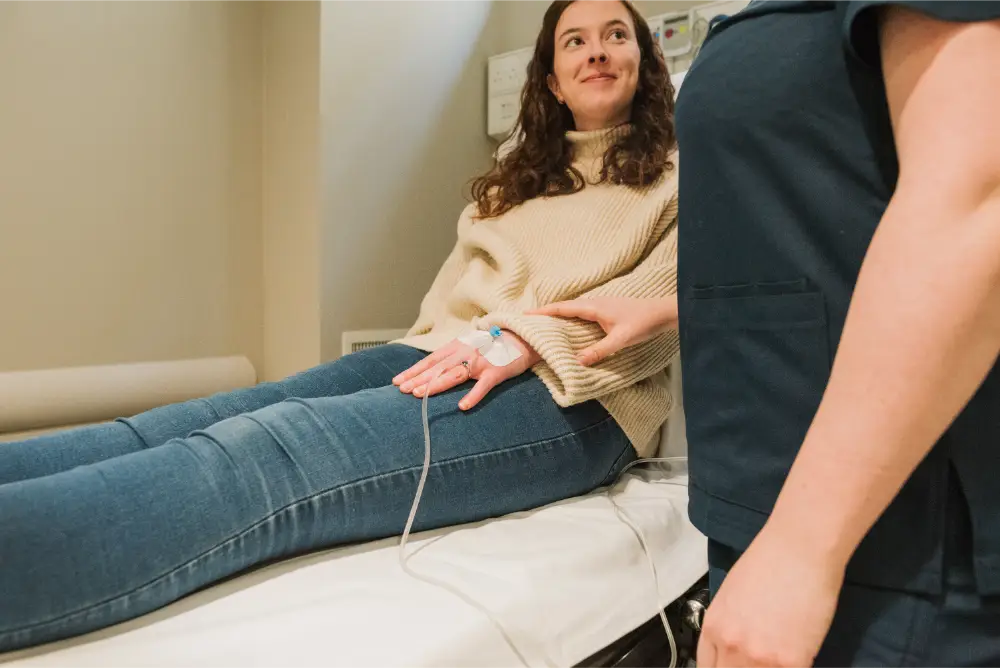
Your safety is paramount. We follow strict guidelines when prescribing stronger medicines like opioids or other controlled substances.
We evaluate your condition, medical history, and the potential benefits versus risks of each medication.
We keep track of your response and watch for any adverse effects.
Wherever possible, we explore non-opioid treatments and complementary therapies.
Medication often works best alongside other approaches, such as:
Exercises to boost strength and flexibility.
Counselling or cognitive behavioural therapy (CBT) to help you regain control of your pain.
Techniques like acupuncture, massage, or mindfulness.
If you’re struggling with persistent pain, the right medication strategy can make a significant difference. Contact Wessex Pain Clinic to schedule an appointment and learn how we can tailor a treatment plan that meets your needs. Our friendly, experienced team is here to help you move towards better comfort and a brighter future.
Please note: This information is for educational purposes and should not replace professional medical advice. Always consult a qualified healthcare provider for personalised guidance.
Our friendly team is on hand to support you every step of the way. Please get in touch at any time.